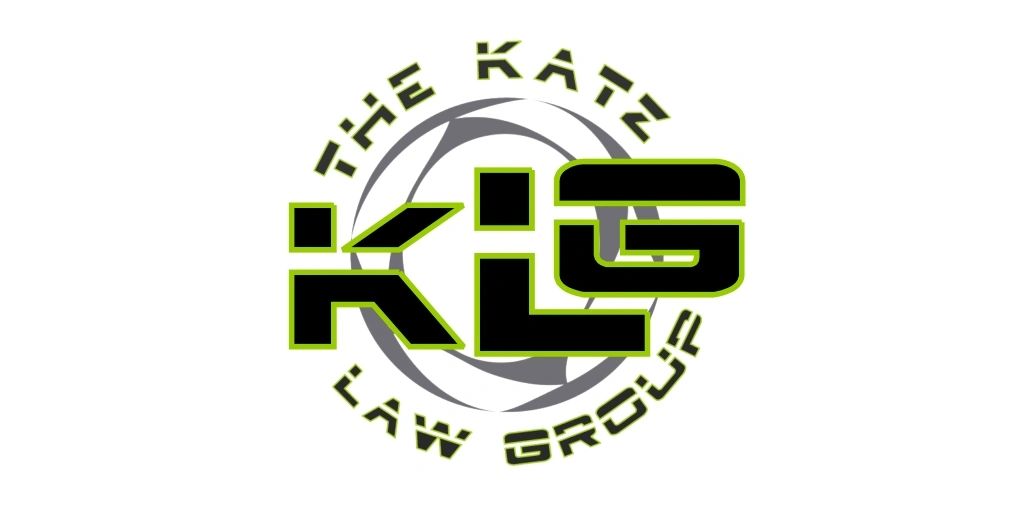
U.S. immigration law is consciously designed to serve the interests of both employers and workers. There are many avenues through which employers can petition for foreign-born employees. Our immigration laws protect U.S. workers by restricting employment-based immigration to persons whose skills and expertise are otherwise unavailable in the domestic workforce.
A person seeking to permanently enter the U.S. workforce through employer sponsorship is not admissible unless the Department of Labor certifies that he or she will not displace nor adversely affect the wages and working conditions of U.S. workers who are similarly employed. The employer must file an application with DOL establishing that both of these criteria have been met.
H, L, E, Visas:
Non-immigrant work visas (H, L, O, P, Q) require a CIS-approved petition from a U.S. sponsor. Treaty-trader or treaty-investor visas (E1/E2) can be applied for directly by the individual as long as he or she is from a country with which the United States has a treaty.
The most common work-related visas are H-1B Visas and L1 Visas. The H-1B is a way to bring foreign-born professionals to the United States for a period of up to six years. A sponsor is required and the employment may only start up when the new employee is in the United States. The L1- Visa is for people working for an employer abroad for one year in a related business entity in a manager, executive or specialized knowledge staff capacity, and who will come to the United States to continue providing services for his or her employer. O visas may be available for those with extraordinary ability in the sciences, arts, business or athletics and P visas may be available for athletes or entertainers.
Employment Visas/Labor Certification:
Companies that need qualified workers, but are unable to find enough U.S. workers to fill those positions, can use the labor certification process to sponsor workers from other countries. In most cases, these workers have specific medical skills, technical ability and bilingual experience and work in occupations like engineering, medicine, teaching, computer science or research.
It is critical that each application is meticulously prepared, all deadlines are met, all references are verified, data is exact and everything documented is in accordance with all current laws. The types of immigration law work employees and employers may require can include, but is not limited to:
PERM Application
E-1/E-2 - Treaty Country Investor Visas
EB1 - National Interest Waiver, Alien Of Extraordinary Ability, Outstanding Professor Or Researcher, Multinational Executive
EB2 - Member Of Profession Holding An Advanced Degree Or Alien Of Exceptional Ability
EB3 - Skilled Worker Or Professional
EB4 - Any Other Worker
EB5 - Immigrant Investor
H-2A - Seasonal Worker Visas
H-2B - Other Seasonal Work Visas
L-1 - Inter-Company Transferees Visas
The Katz Law Group has years of experience in guiding both the individual petitioner and companies. Understanding both the short-term and long-term goals of the individual and the company allows us to properly plan and file the appropriate petition at the appropriate time.
Each situation is unique and our lawyers customize solutions for each case.
Give us a call at, (212) 537-6714, so that we can assist you.
Email us at: info@thekatzlawgroup.com
